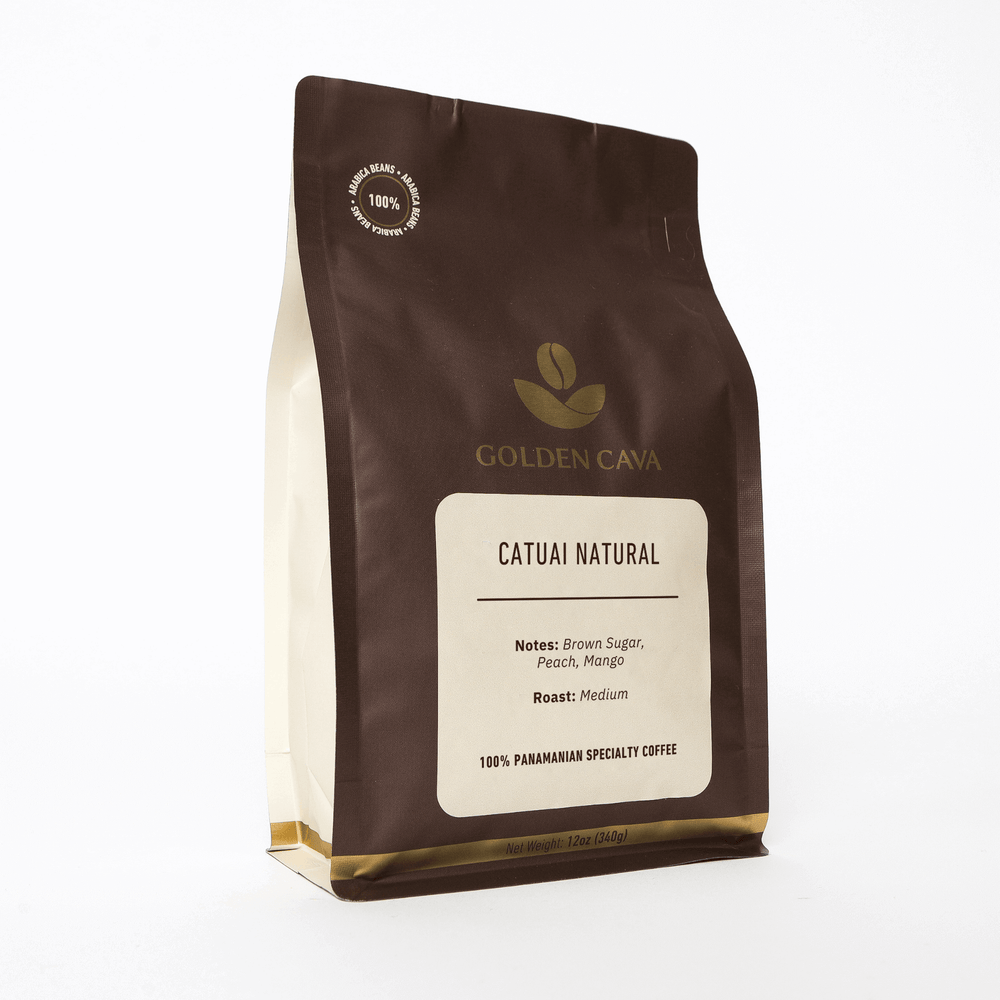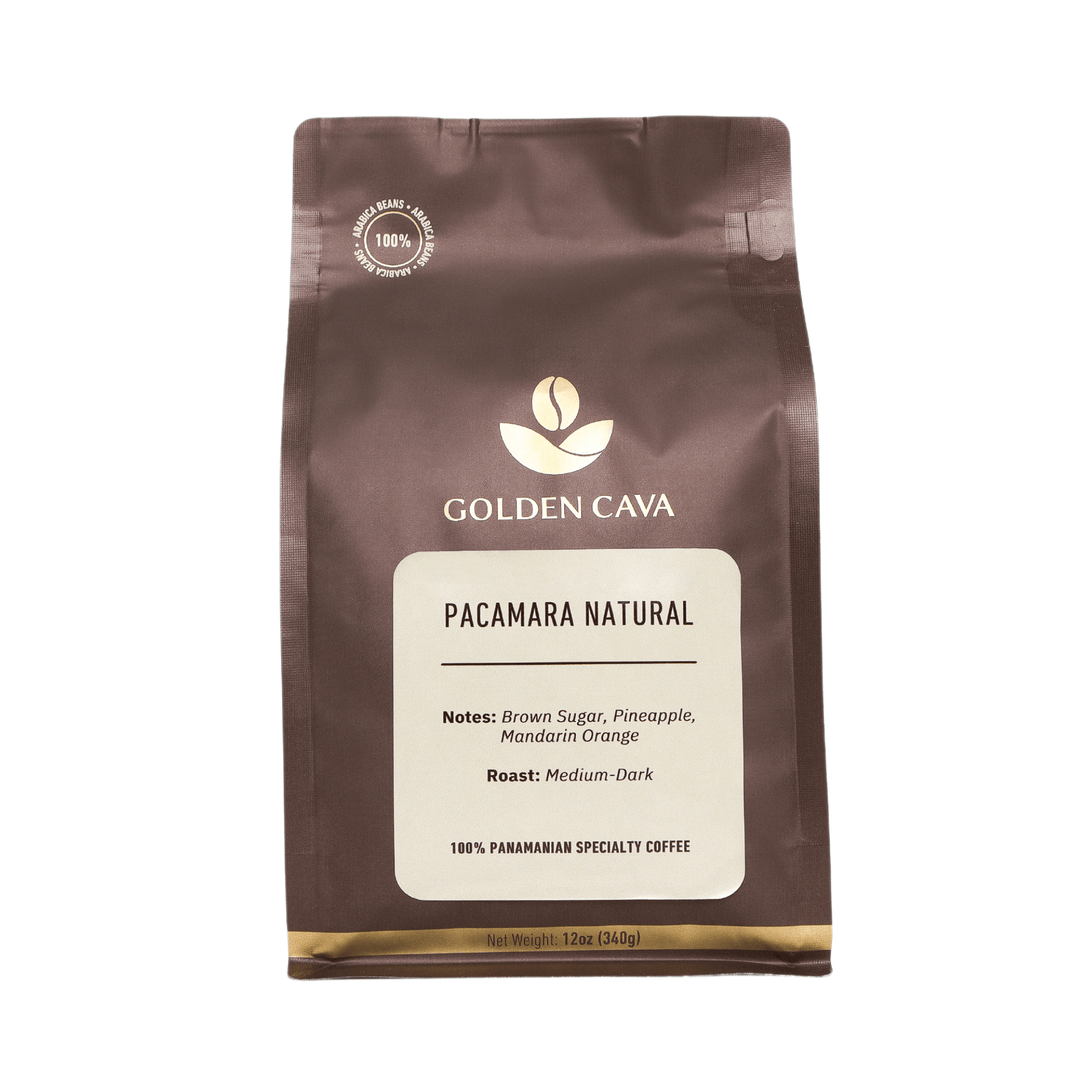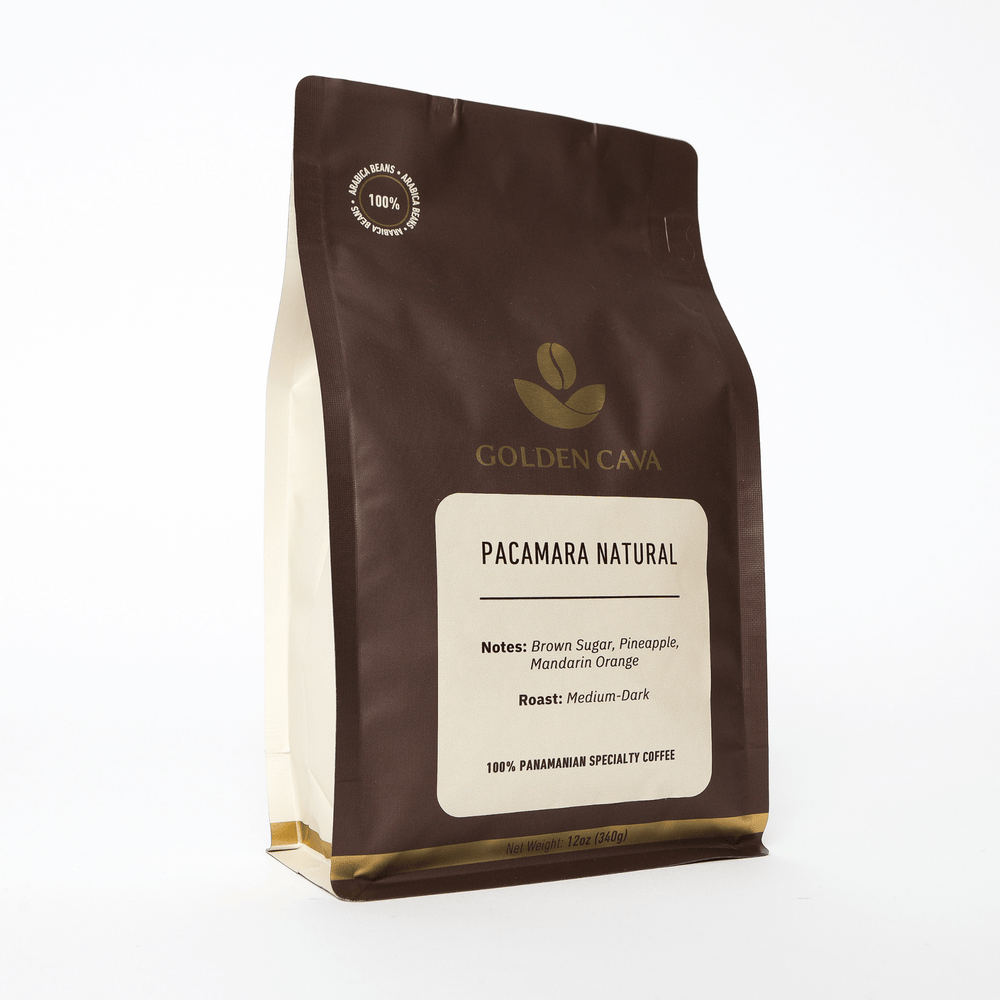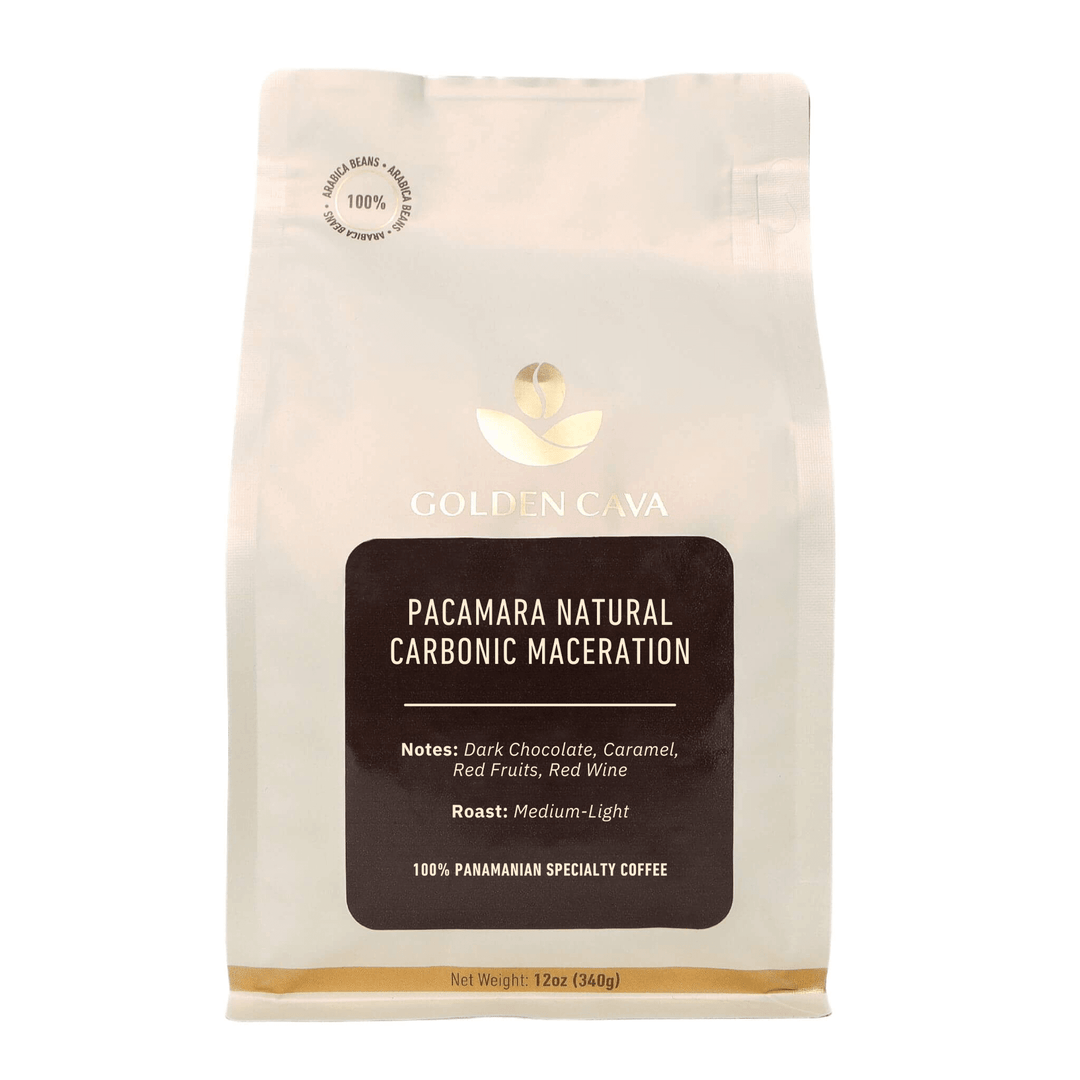Is it safe to drink coffee while pregnant? Are you pregnant and wondering what are the effects of drinking coffee while pregnant exactly.
If you're a soon-to-be mom or know someone who is, you've probably heard a bunch of things about what you can and can't do during pregnancy.
In this blog post, will cover the effects of drinking coffee whole pregnant.
Furthermore, we are going to explore what really happens when you have coffee while you're pregnant.
So, grab a comfy seat and let's explore the world of maternal caffeine consumption.
Table Of Contents:
- 1.Effects of Caffeine on Pregnant Women
- Potential Risks Associated with Caffeine Consumption During Pregnancy
- How Caffeine Consumption Affects the Developing Fetus
- 2. Risks of Drinking Coffee While Pregnant
- 3. Benefits of Drinking Coffee During Pregnancy
- 4. Alternatives to Coffee During Pregnancy
- 5. Guidelines for Safe Caffeine Intake During Pregnancy
- Frequently Asked Questions What Are the Effects of Drinking Coffee While Pregnant
- Conclusion
1.Effects of Caffeine on Pregnant Women
Caffeine consumption during pregnancy can have a range of effects on both the mother and baby. It is important for expectant mothers to be aware of these potential risks, as well as any benefits that may come from moderate caffeine intake.
Potential Risks Associated with Caffeine Consumption During Pregnancy
- Increased risk of miscarriage: Studies have shown that consuming high levels of caffeine during pregnancy can increase the risk of miscarriage. Germaine Buck Louis of the National Institute of Child Health and Human Development stated that pregnant women who are drinking three or more caffeinated coffee a day raised the risk of early pregnancy loss by 74 percent.
- Low birth weight: Consuming large amounts of caffeine while pregnant has been linked to an increased likelihood that babies will be born with low birth weights. According to a research article in BMJ Open, every additional 100 mg per day increases this risk by about 28 grams.
- Preterm labor: High levels of caffeine intake during pregnancy may also contribute to preterm labor, which occurs when a woman goes into labor before her due date. According to American Pregnancy Association, women who consumed more than five cups or equivalent daily were at higher risk for preterm delivery.
How Caffeine Consumption Affects the Developing Fetus
Caffeine intake consumed by pregnant women can pass through the placenta to their unborn baby, potentially exposing them to higher concentrations than adults.
The metabolism of caffeine is slower in fetuses than adults, leading to potentially higher concentrations in their systems. This could result in:
- Altered fetal heart rate: High levels of caffeine consumption during pregnancy have been associated with changes in fetal heart rate patterns (BMC Pregnancy and Childbirth)
- Nervous system development: Excessive caffeine intake has been linked to adverse effects on brain development, including increased risk for neurodevelopmental disorders such as attention deficit hyperactivity disorder (ADHD) (UC San Diego Health).
- Sleep disturbances: Some research suggests that high maternal caffeine intake may be associated with sleep disturbances and irregular sleep patterns in infants .
Realizing the implications of caffeine on expectant mothers is critical to make wise choices concerning their well-being. So, it is essential to look at the risks associated with drinking coffee while pregnant as well.
Key Takeaway: Pregnant women should be aware that consuming caffeine may raise the chances of miscarriage, low birth weight and preterm labor. Furthermore, excessive consumption may have adverse effects on fetal development such as altered heart rate patterns and sleep disturbances. To ensure a healthy pregnancy, pregnant women should limit their consumption of caffeine.
2. Risks of Drinking Coffee While Pregnant
Caffeine consumption while pregnant can increase the risk of complications for both the mother and baby. It is essential to understand these risks and make informed decisions about your caffeine intake during pregnancy.
a) Hypertension
Studies have shown that excessive caffeine consumption during pregnancy can lead to an increased risk of hypertension, or high blood pressure.
Studies have indicated that heightened caffeine intake during gestation could lead to an augmented probability of hypertension, a condition that can cause disruptions in the placenta which provides nourishment and oxygen to the fetus.
High blood pressure can cause placental issues, leading to premature birth or low birth weight in some cases.
b) Gestational Diabetes
Gestational diabetes is a form of the disease that appears during pregnancy, caused by hormone shifts affecting insulin production.
Research suggests that consuming large amounts of caffeine might be associated with an increased risk of developing gestational diabetes, which can lead to complications such as macrosomia (large babies), preterm labor (labor that begins early), and even stillbirth if not managed properly.
c) Preeclampsia
Preeclampsia is a serious complication characterized by high blood pressure and damage to organs like the liver or kidneys during pregnancy. Some studies indicate that there might be a link between high caffeine intake and preeclampsia development, although more research is needed in this area.
d) Miscarriage & Low Birth Weight Babies:
- Miscarriage: Consuming excessive amounts of caffeine during pregnancy has been linked to an increased risk of miscarriage, especially in the first trimester. It is crucial to be cautious about your caffeine intake during this time.
- Low Birth Weight Babies: High levels of caffeine consumption can also lead to babies being born with a low birth weight, which may cause long-term health issues and developmental delays. A study published in the American Journal of Epidemiology showed that pregnant women consuming over 200 mg of caffeine per day had a greater likelihood of delivering low birth weight babies than those who consumed less.
When it comes to drinking coffee while pregnant, the risks are clear and should be taken into consideration. However, there may also be potential benefits of consuming coffee during pregnancy that can help balance out any negative effects.
Key Takeaway: Expectant mothers should be mindful of the potential dangers posed by consuming excessive amounts of coffee, including hypertension, gestational diabetes and preeclampsia; it can even result in miscarriage or underweight babies. To avoid any complications, it's important for expecting mothers to keep tabs on their daily intake and make necessary adjustments.
3. Benefits of Drinking Coffee During Pregnancy
While it is essential to be cautious about caffeine intake during pregnancy, moderate consumption can offer some benefits for expectant mothers.
These advantages include improved alertness and reduced fatigue, which are particularly helpful during the challenging months of pregnancy.
Improved Alertness
Hormonal fluctuations during pregnancy can cause fatigue and decreased energy levels, making it difficult to stay alert.
This boost in mental clarity may assist them in staying focused on their daily tasks while also helping them manage any work-related responsibilities more effectively.
Reduced Fatigue
Fatigue is another common symptom experienced by pregnant women as their bodies undergo significant changes throughout each trimester.
Caffeine has been observed to help combat weariness, offering a much-needed energy lift for those who grapple with fatigue during pregnancy.
However, it's crucial not to rely solely on coffee or other caffeinated beverages for energy; maintaining a healthy diet and getting adequate rest should always remain top priorities.
Moderation Is Key
- Balanced Diet: Ensure you maintain a balanced diet rich in nutrients like iron, protein, calcium, and vitamins necessary for both mother and baby's health.
- Adequate Rest: Prioritize sleep whenever possible since your body needs additional rest during pregnancy to support the growing fetus properly.
- Caffeine Intake Monitoring: Keep track of your daily caffeine consumption from all sources (caffeinated tea, coffee, chocolate, etc.) to ensure you stay within the recommended limits.
It's essential to remember that while there are some benefits of drinking coffee during pregnancy, moderation is crucial. Excessive caffeine intake can lead to potential risks and complications for both mother and baby. Before taking any action, it is important to discuss with your healthcare provider regarding the safety of consuming coffee during pregnancy.
Key Takeaway: Moderate coffee consumption during pregnancy can enhance alertness and combat fatigue, but it's essential to balance it with a nutrient-rich diet and sufficient rest. Monitoring caffeine intake from all sources is crucial for maternal and fetal well-being. Consultation with a healthcare provider is advised to ensure safe coffee consumption during pregnancy.
4. Alternatives to Coffee During Pregnancy
Pregnant women can opt for decaf or herbal teas to savor a warm drink and to reduce gestational diabetes risk. These options provide similar satisfaction without the potential risks associated with high caffeine consumption during pregnancy.
Decaffeinated Coffee
Decaffeinated coffee is an excellent alternative for pregnant women who want to enjoy the taste of coffee without consuming too much caffeine. The process of decaffeination removes most of the caffeine content, leaving only about 2-5 mg per 8-ounce cup compared to approximately 95 mg in a regular cup of coffee.
Herbal Teas
Herbal teas, made from various herbs, fruits, and spices, are naturally free from caffeine and can be enjoyed by pregnant women looking for a warm beverage option. Some popular choices include:
- Rooibos tea: Known for its antioxidant properties and sweet flavor profile.
- Ginger tea: Can help alleviate nausea commonly experienced during pregnancy.
- Lemon balm tea: A calming option that may aid in relaxation and sleep quality improvement.
- Mint tea: Offers digestive benefits which can be helpful during pregnancy when gastrointestinal issues often arise.
Note that not all herbal teas are safe during pregnancy; it's essential always to consult your healthcare provider before trying new beverages or supplements while expecting.
Fruit Infused Water
If you're looking for something refreshing but without caffeine, fruit-infused water is a fantastic option.
Simply add your favorite fruits or herbs to cold water and let it sit for a few hours in the refrigerator.
For a caffeine-free, hydrating beverage that's perfect for pregnant women, try making fruit-infused water with your favorite fruits or herbs.
Golden Milk
Golden milk, also known as turmeric latte, is another excellent alternative to coffee during pregnancy. Made with warm milk (or non-dairy alternatives), turmeric, ginger, cinnamon, and honey; this comforting drink offers anti-inflammatory benefits without any caffeine content.
Incorporating these alternatives into your daily routine can help you maintain healthy habits while still enjoying flavorful beverages throughout your pregnancy journey.
Pregnant women seeking to avoid coffee may explore a range of alternatives, such as decaf beverages and herbal teas, offering the same flavor without potential risks.
Now let's look at guidelines for safe caffeine intake during pregnancy so expectant mothers can make informed decisions about their health.
Key Takeaway: Pregnant women can still savor delicious and nourishing beverages, such as decaf coffee, herbal teas, fruity H2O or golden milk. These beverages provide flavor without the potential risks associated with high caffeine consumption during pregnancy.
5. Guidelines for Safe Caffeine Intake During Pregnancy
Pregnant coffee lovers need to be conscious of the suggested intake for safe caffeine consumption during pregnancy, since consuming too much can cause various problems.
The American College of Obstetricians and Gynecologists (ACOG) suggests that pregnant women should limit their daily caffeine intake to less than 200 mg per day, which is approximately equivalent to one 12-ounce cup of coffee.
Tips for Managing Caffeine Consumption
- Monitor your caffeine sources: Be mindful not only of caffeinated coffee but also other sources such as tea, energy drinks, soft drinks, and even chocolate. Check labels on products you consume regularly to ensure you stay within the recommended limits.
- Opt for smaller servings: Choose a smaller size when ordering your favorite hot beverage or consider sharing it with someone else if you're craving more than one serving.
- Select decaffeinated options: Decaf coffee still provides the same rich taste without the added risk associated with maternal caffeine consumption. Many popular brands offer decaf versions of their signature blends.
- Incorporate herbal teas: Herbal teas are naturally free from caffeine content and can provide an excellent alternative while still allowing you to enjoy a warm drink during pregnancy. Some popular choices include chamomile, peppermint, and ginger tea.
Maintaining awareness about your daily caffeine intake will help ensure both mother and baby remain healthy throughout pregnancy. By following these tips and adhering to ACOG's recommendations regarding maternal caffeine consumption limits (source), you can continue to enjoy your favorite beverages without compromising the well-being of your growing baby.
Key Takeaway: During pregnancy, it's important to limit caffeine intake to under 200 mg per day (equivalent to one 12-ounce coffee). Monitoring various sources of caffeine, choosing smaller servings, and exploring decaffeinated or herbal alternatives can help ensure a safe and healthy pregnancy for both mother and baby.
Frequently Asked Questions What Are the Effects of Drinking Coffee While Pregnant
What happens when you drink coffee while pregnant?
Drinking coffee during pregnancy can lead to increased risks of miscarriage, preterm birth, low birth weight, and developmental delays. Caffeine crosses the placenta and affects fetal heart rate and metabolism. However, moderate caffeine intake (less than 200 mg per day) is considered safe for most pregnant women.
Does caffeine affect fetal brain development?
Caffeine may have negative effects on fetal brain development if consumed in high amounts during pregnancy. It can interfere with normal cell division processes and cause changes in neuronal connections. Limiting caffeine intake to less than 200 mg per day is recommended to minimize potential risks.
Conclusion
Doctors recommend limited maternal caffeine consumption during pregnancy, emphasizing the importance of moderation. While small amounts of caffeine are generally considered safe, excessive consumption can pose maternal risks to both the mother and the developing fetus.
Pregnant women should also look into alternatives such as decaf, herbal teas and other non-caffeinated drinks to minimize the potential risks of consuming too much caffeine.
Discover how to brew a better cup for yourself or someone you love through our quality and, fresh products.









